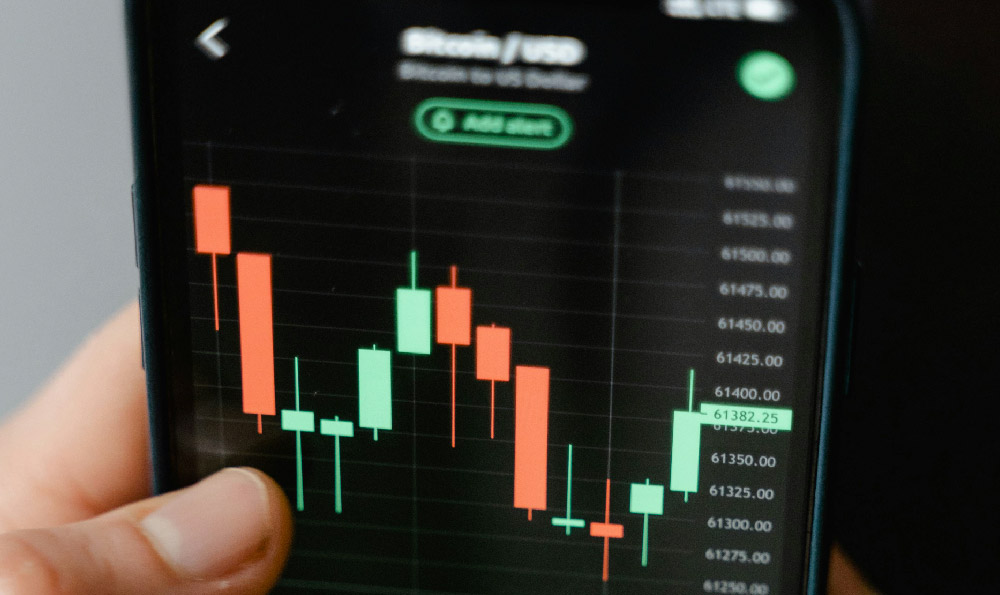Emotional intelligence and virtual currency investing are two distinct fields, yet their intersection offers a unique pathway to financial success. In a market driven by unpredictable volatility and rapid technological shifts, the ability to harness emotional intelligence can transform the way investors approach and navigate cryptocurrency opportunities. This skillset—rooted in self-awareness, empathy, and strategic emotional regulation—provides not only a framework for making better decisions but also a safeguard against the pitfalls that often trap newcomers. While technical analysis and market trends are essential, the human element, including emotional resilience, plays a pivotal role in determining long-term profitability. Understanding how to align these competencies can help investors avoid erratic behavior, stay grounded in their goals, and leverage market opportunities with precision.
The cryptocurrency market is a paradoxical landscape where logic and intuition intertwine. At first glance, it appears to be a realm governed by algorithmic calculations and technological fundamentals. However, beneath the surface, it is shaped by the collective psychology of investors, herd mentality, and the emotional turbulence that accompanies sudden price surges or crashes. Emotionally intelligent investors recognize that their own emotional state—whether it’s anxiety, greed, or complacency—can skew their judgment more than the data they analyze. This awareness is the cornerstone of a sustainable strategy. For instance, when Bitcoin’s price plummets by 20% in a single week, the instinct for most investors is to panic and sell, often at a loss. Yet, an emotionally intelligent investor would pause, assess the underlying factors, such as macroeconomic shifts or regulatory news, and distinguish between temporary market fluctuations and long-term structural changes. This detachment allows them to avoid selling low and instead identify potential buying opportunities for those who remain rational.
Another critical layer of emotional intelligence lies in the ability to regulate emotions in real-time. The cryptocurrency world is notorious for its high-stress environment, with news cycles that can ignite either euphoria or fear within minutes. Emotional regulation isn’t about suppressing feelings but rather understanding their triggers and using them as feedback. For example, if an investor notices that their excitement about a new altcoin project causes them to overlook fundamental risks, they can apply this insight to develop a structured approach. Techniques such as mindfulness meditation, delayed decision-making, or maintaining a journal of emotional responses during market events can be powerful tools. Research in behavioral finance suggests that the average investor tends to hold onto losing positions longer than they should, often due to an aversion to admitting mistakes. Emotional intelligence counters this by enabling objective evaluation of decisions, free from the cloud of self-doubt or overconfidence.

Emotional intelligence also fosters adaptability, a trait that can separate successful investors from the rest. The cryptocurrency market evolves rapidly, and traditional strategies often fail to keep pace with changing conditions. Adaptable investors treat emotions as a dynamic force rather than a static barrier. They remain open to new information, whether it’s a breakthrough in blockchain technology or a geopolitical event affecting market sentiment. This openness allows them to pivot their strategies when necessary. For example, during the 2020 DeFi frenzy, many investors ignored the risks of overleveraging and volatile liquidity pools. Emotional intelligence, however, guided those who assessed the environment with a balanced perspective, avoided impulsive entries into high-risk assets, and focused on long-term value creation instead of short-term speculation.
Furthermore, emotional intelligence enhances the ability to make decisions that align with long-term objectives. In a market where short-term gains often overshadow strategic planning, this is a crucial differentiator. Investors who prioritize emotional control over immediate rewards are less likely to chase hot trends or fall for pump-and-dump schemes. They understand that patience is a virtue in crypto, where even the most promising projects may take months or years to mature. This understanding is particularly important in the face of market noise, which can create false signals. By cultivating emotional discipline, investors learn to ignore distractions and stay focused on their unique financial goals. For example, a long-term holder of Ethereum might resist the urge to sell during a bear market, recognizing that emotional clarity is more valuable than reacting to fleeting market movements.
The ultimate goal of merging emotional intelligence with virtual currency investing is to create a harmonious balance between rational analysis and emotional control. This balance is what enables investors to thrive in a complex and volatile environment. By developing self-awareness, regulating emotions, and fostering adaptability, they can navigate the uncertainties of the crypto market with confidence. The key takeaway is that emotional intelligence is not an ancillary skill but a foundational one, capable of paving the way for consistent financial growth. As the market continues to evolve, those who master this principle will not only avoid common pitfalls but also turn their emotional challenges into strategic advantages.











